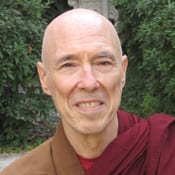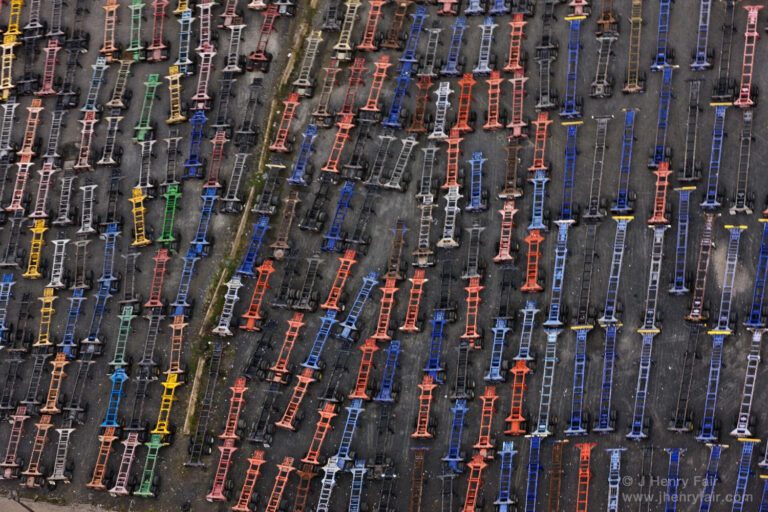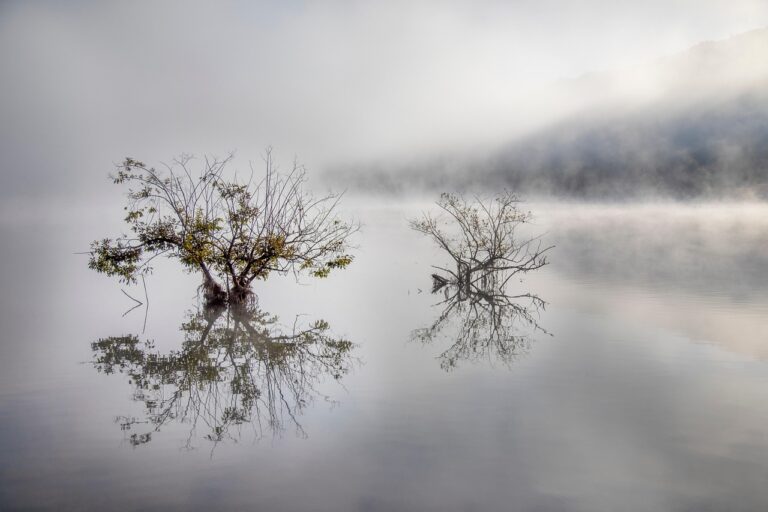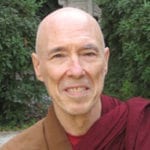As part of the United Nation’s observance of the International Day of Vesak in 2019, Venerable Bhikkhu Bodhi offered reflections and a call to respond based on the application of the Buddha’s diagnosis and remedy for suffering to the collective suffering that is the climate crisis. It is rather remarkable that arguably the premier translators of the Buddhadharma for the West chose to center his remarks not on the classic teachings but on this social-ecological issue as an call to apply those teachings.
The talk was given in the Hall of the General Assembly, with UN representatives of many countries present — not only the traditional Buddhist countries, but Russia, Pakistan, Bangladesh, Malaysia, Philippines, and others. There was no representative from the U.S. or from China.
Highlights
Of all the dangers we face together today the most formidable, the most all-embracing, and the most threatening is the one usually called climate change but which perhaps might be more accurately called climate destabilization or climate disorientation. This is a critical condition where the climate has become increasingly erratic, unpredictable, and destructive. Almost every week a new report comes out about new thresholds being crossed, new figures emerging showing how rapidly we’re descending into climate chaos. Yet these reports receive hardly any attention in the mainstream media, a symptom of how we conceal from ourselves the real perils that lie just before us.
We know what lies behind climate change, the causes have been determined with scientific precision. It’s our dependence on fossil fuels, unwise practices of land clearance, industrial models of agriculture, and an economy that thrives on the dizzying cycles of relentless production and consumption. The Buddha’s diagnosis would take us a step deeper and show that what underlies the climate crisis at the most basic level are distortions at the base of the human mind, the interplay of craving and ignorance, greed, and delusion.
It is the delusion in our own minds that makes us flow along complacently in the established routines of life instead of rising up to take the necessary action. And again it is delusion or ignorance that makes us think that some can prevail while the Earth’s geophysical systems collapse. If we go on retreating into denial, go on drifting along complacently, we will reach a point where all we can say is, it is now too late. if we’re to avoid that end point we have to act effectively and to act without delay.
We need to envision new collective systems of global integration that give priority to cooperation and collaboration, to living in harmony with each other and with nature, systems that will enable all people to flourish economically, socially, and spiritually. It is said that the Buddha appears in the world out of compassion for the world to promote the good of all humanity. Now we have a clear idea of the collective dangers that we face today and we can see on the horizon a glimmer of hope for a better shared future. Now we must walk the path, the path that will take us towards the future we are presently hoping for. We know the direction in which we have to move. Now we have to start moving before it is too late.







